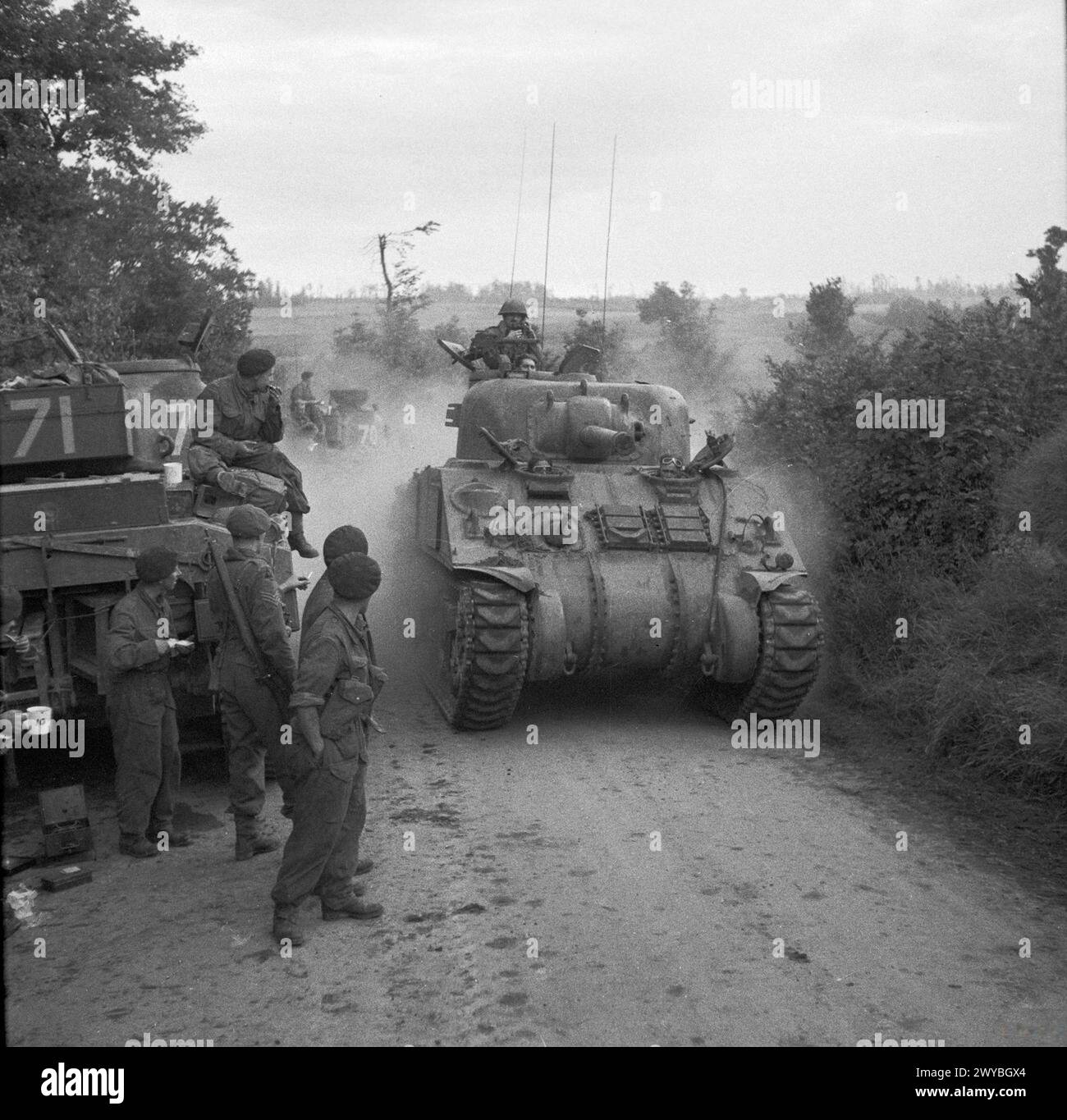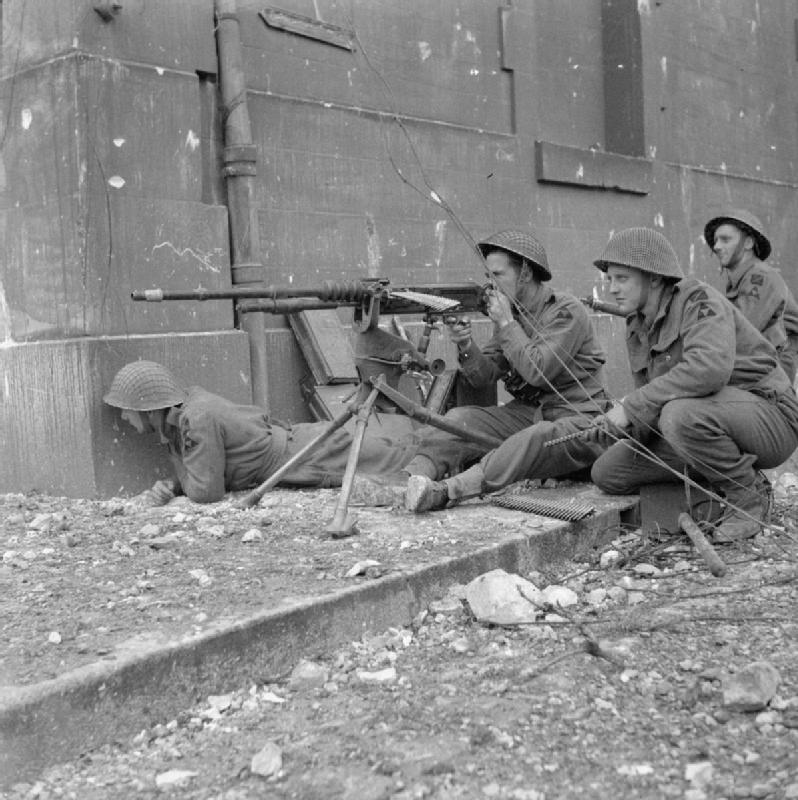The Whisper of Freedom: A Survivor’s Story from Bergen-Belsen
In 1945, when British forces liberated the concentration camp at Bergen-Belsen in Germany, they encountered a scene of devastation that words can scarcely capture. What awaited them was not the triumphant vision of liberation so often romanticized in films and novels, but a harrowing reality—a landscape of suffering, silence, and survival. Thousands of prisoners, skeletal and near death, lay sprawled on the ground, too weak to move, their eyes sunken with despair yet flickering with the faintest ember of hope.
Among them was a young girl, her body ravaged by typhus, her spirit battered by years of unimaginable torment. She could barely lift her head, her lips cracked and dry, her voice a trembling whisper: “Am I alive?”
It was a question that spoke to the very heart of existence. In that moment, the line between life and death was as thin as the air she struggled to breathe.
A British soldier, barely older than a boy himself, knelt beside her. His uniform bore the dust of battle and the exhaustion of a long campaign, but in his eyes was a profound tenderness. He reached for her fragile hand, the bones sharp beneath paper-thin skin, and answered with steady conviction: “Yes. You are alive. And free.”
The words were simple. Yet in that instant, they became a lifeline.
The liberation of Bergen-Belsen remains one of the most haunting chapters in World War II survivor stories. Unlike other camps, Belsen had no gas chambers. Instead, starvation, disease, and neglect became the instruments of death. By the time the British arrived, more than 35,000 had perished, and thousands more hovered on the brink.
For the soldiers, many of whom had faced combat across Europe, the sight was unlike anything they had known. Hardened men, trained for war, found themselves weeping at the spectacle of human suffering on a scale beyond comprehension. Freedom had arrived, but it came draped in mourning.
Yet within that landscape of despair, moments of profound humanity emerged. The soldier’s reassurance to the young girl was not only an act of compassion—it was a declaration that the human spirit had not been extinguished. It was a seed planted in scorched earth, a fragile promise that even after unimaginable darkness, there could be light.
The girl, whose name history may never fully record, carried that moment with her for the rest of her life. Liberation was not the end of her suffering—disease, trauma, and the scars of memory would linger. But the soldier’s words became a refrain, a mantra that sustained her: “You are alive. And free.”
Survivor testimonies often reveal this delicate thread between despair and resilience. For some, the difference between surrender and survival was a single gesture—a crust of bread shared, a hand held, a kind word spoken. In Bergen-Belsen, where death seemed inevitable, the power of compassion was a form of resistance, a way of reclaiming dignity stolen by cruelty.
The young girl’s journey from the dirt of the camp to the uncertain path of post-war life reflects the core of human resilience. Her survival was not just a personal victory—it was a testament to the endurance of hope, the very element tyrants seek to destroy.
For the British soldier, that day at Bergen-Belsen would mark him forever. Veterans later recalled that what they saw there changed them more profoundly than any battlefield. The act of kneeling beside one broken child symbolized the role of liberators—not just to free bodies from oppression, but to remind souls of their worth.
History often records wars in terms of strategies, battles, and treaties. But true history lives in moments like this—when one person’s compassion altered the trajectory of another’s life. In that fragile exchange, a soldier’s voice became stronger than the echoes of cruelty, his presence more powerful than the absence left by millions of lost lives.
Liberation was not the end. For many survivors, freedom was bewildering. Bodies were broken, families lost, homes destroyed. The road to healing was long and uneven. Yet stories like this young girl’s reveal how even the smallest moments could spark renewal.
Psychologists now speak of post-traumatic growth—the ability of survivors to not only recover but to transform suffering into strength. Holocaust survivors often embody this truth. Despite enduring trauma, many rebuilt lives, raised families, shared their stories, and became beacons of resilience for future generations.
The girl from Bergen-Belsen grew into a woman who carried scars yet refused to let them define her. She lived not only because she was freed, but because in that moment of near death, someone affirmed her humanity. She had been seen, heard, and touched with kindness.
In today’s world, where conflict and suffering continue to unfold in different corners of the globe, stories from places like Bergen-Belsen remain urgent. They remind us that freedom is not abstract—it is lived, lost, and regained at a cost. They remind us that human dignity is fragile, yet worth defending at all costs.
SEO aside, these inspirational true stories are not commodities—they are lifelines for our own humanity. To tell them, to read them, is to honor those who lived them and to commit ourselves to ensuring that history’s darkest chapters are never repeated.
When the soldier whispered, “Yes. You are alive. And free,” it was more than reassurance. It was a rebirth. That sentence bridged a chasm between despair and possibility. It became the first brick in rebuilding a shattered life, the first note in a symphony of survival.
Think of it: one word—alive—held the power to restore hope. Another—free—rekindled the imagination of a future. Words, so often underestimated, became in that moment stronger than any weapon.
As we reflect on that day in April 1945, we are left with an indelible truth: liberation was not only a military act, but a profoundly human one. The world witnessed not only the collapse of tyranny, but the resilience of the human spirit.
Today, when we search for inspirational stories of survival, when we long for proof that hope can endure against the odds, we find it in that young girl’s whisper and the soldier’s reply. Their moment, frozen in history, continues to speak across decades, reminding us that no night is endless, no darkness impenetrable.
The liberation of Bergen-Belsen was both a tragedy and a triumph. The tragedy lay in the lives already lost, the immense suffering that could never be undone. The triumph lay in the survivors—those who, against all odds, endured.
Among them, one young girl who whispered, “Am I alive?” received her answer. And in that answer, the world was reminded of what it means to be human.
Her story, like countless others, is not just about survival. It is about the power of compassion, the resilience of hope, and the enduring truth that freedom, once reclaimed, must never be forgotten.
Because even in the darkest hours of history, a whisper of freedom can grow into a song that carries across generations.
Note: Some content was generated using AI tools (ChatGPT) and edited by the author for creativity and suitability for historical illustration purposes.







